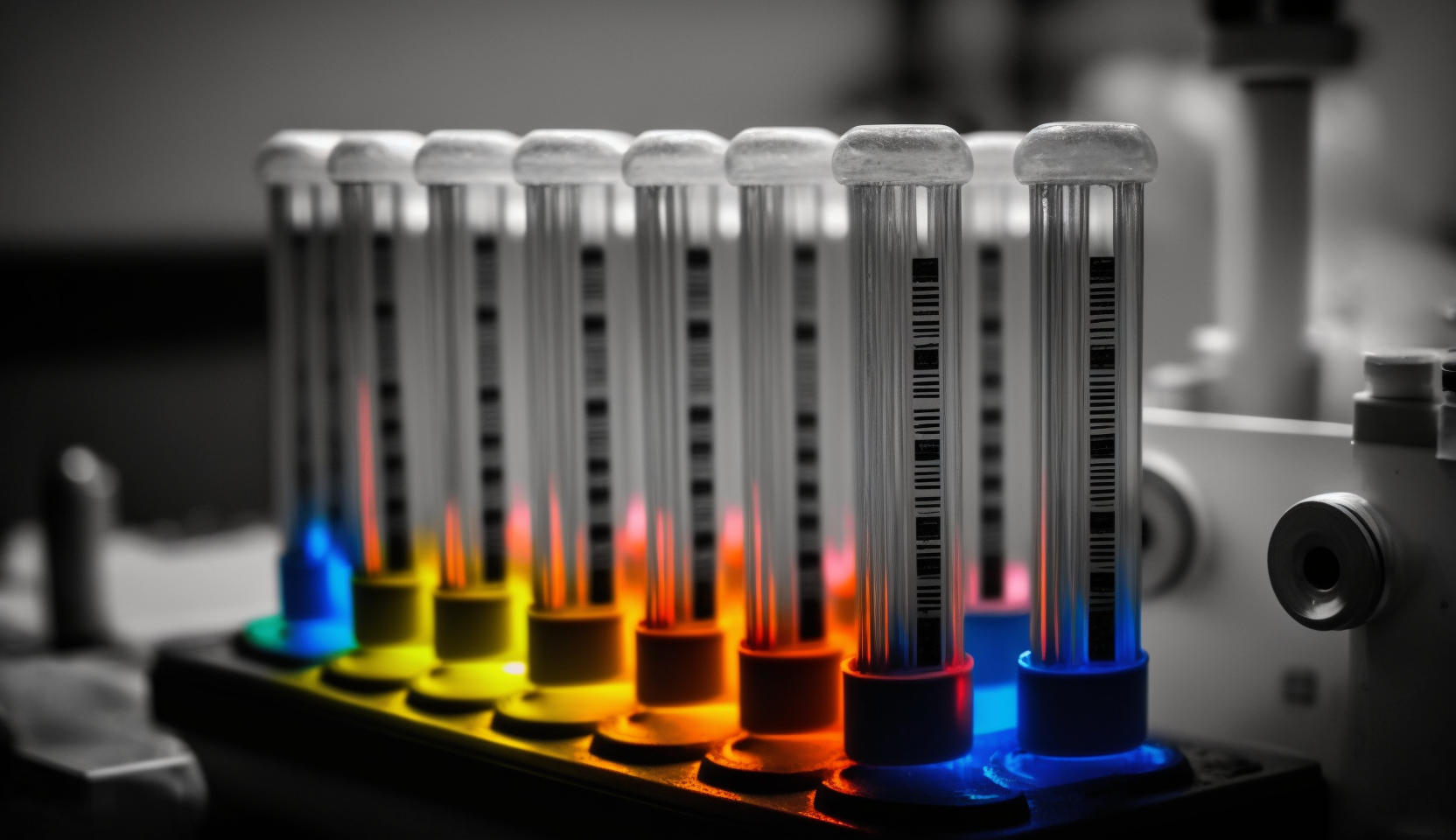| Key Points: – BMS is acquiring 2seventy bio for $5.00 per share, an 88% premium to its last closing price. – The deal strengthens BMS’s cell and gene therapy portfolio, particularly in multiple myeloma treatment. – The acquisition comes amid increased M&A activity in biotech, signaling confidence in the sector’s long-term potential. |
Bristol Myers Squibb (BMY) has announced a definitive agreement to acquire 2seventy bio (TSVT) in an all-cash deal valued at approximately $286 million. This acquisition further strengthens BMS’s foothold in the oncology space, particularly through its access to Abecma, an FDA-approved CAR T-cell therapy for multiple myeloma. The deal is expected to close in the second quarter of 2025, pending regulatory approvals and shareholder consent.
BMS’s acquisition of 2seventy bio aligns with its broader strategy to expand its presence in the high-growth cell and gene therapy market. 2seventy bio has focused exclusively on Abecma, a treatment developed in collaboration with BMS, to extend and improve the lives of patients with relapsed or refractory multiple myeloma. With this acquisition, BMS will take full control of Abecma’s commercialization and development, streamlining operations and potentially accelerating future advancements.
Chip Baird, CEO of 2seventy bio, emphasized the significance of the transaction, stating: “This acquisition ensures Abecma continues to reach patients in need while maximizing value for our stakeholders.” BMS, with its expansive resources and global reach, is well-positioned to drive further innovation in the cell therapy space.
The biotech sector has seen a resurgence in M&A activity, with pharmaceutical giants seeking to bolster their pipelines amid ongoing scientific advancements and a challenging regulatory landscape. The acquisition of 2seventy bio comes at a time when investors are looking for signs of stability in biotech, and deals like this reinforce confidence in the sector’s long-term growth potential.
The broader biotechnology sector, as measured by the iShares Biotechnology ETF (IBB), has posted gains year-to-date, reflecting renewed investor interest in the space. As larger pharmaceutical companies look to capitalize on cutting-edge therapies, small and mid-cap biotech firms with promising assets are becoming increasingly attractive acquisition targets. The deal values 2seventy bio at a significant premium, rewarding shareholders with an 88% increase from its prior trading price. However, it also raises questions about the long-term independence of innovative biotech firms. While consolidation can lead to greater efficiency and resource allocation, it may also reduce competition and limit the number of standalone biotech companies driving early-stage innovation.
For BMS, the acquisition is a strategic move to reinforce its oncology pipeline amid growing competition in the CAR T-cell therapy space. With this deal, BMS is betting on continued demand for personalized cell-based therapies and positioning itself to lead in this evolving field. Biotech acquisitions are often driven by the need for pharmaceutical companies to secure new revenue streams as patents on existing drugs expire. By acquiring 2seventy bio, BMS gains a competitive advantage in the high-value oncology segment, ensuring its ability to remain a dominant force in the industry.
Bristol Myers Squibb’s acquisition of 2seventy bio represents a significant development in the biotech sector. As M&A activity accelerates, the deal underscores the importance of targeted therapies in oncology and highlights the ongoing push by pharmaceutical giants to secure cutting-edge treatments. For investors, this acquisition may serve as a signal that biotech remains a strong sector, with potential for both innovation and consolidation in the years ahead.



